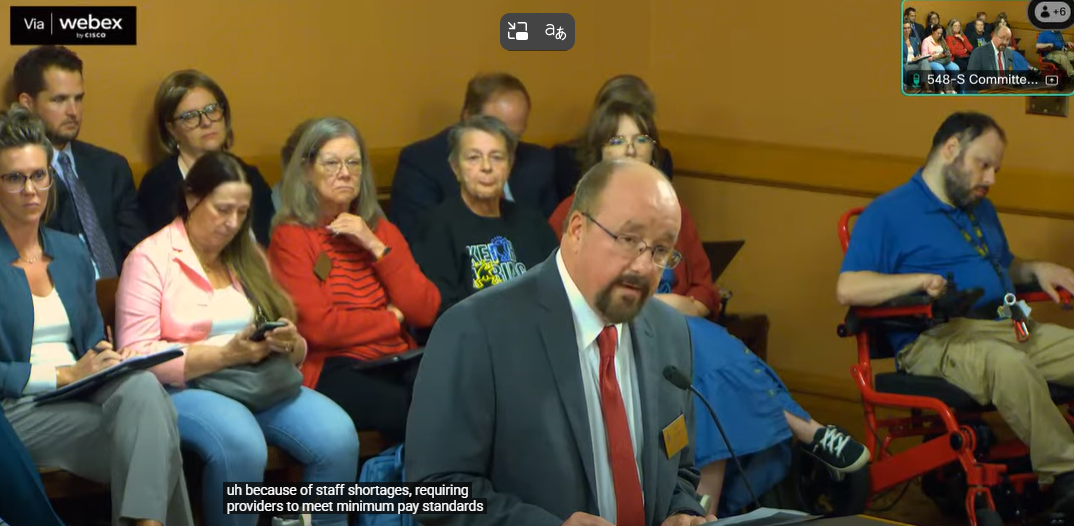Your Rights as a Nursing Facility Resident
When you or a loved one enters a nursing facility, it's important to know that residents have specific rights and protections guaranteed by both Federal and state law. These rights are designed to ensure residents receive the care, respect, and services they deserve while maintaining their dignity and autonomy. As advocates for quality long-term care in Kansas, we want to make sure you're informed about these essential protections.
What Are Your Rights as a Nursing Home Resident?
Under Federal law, every nursing home resident has the right to:
- Be Treated with Respect: Residents have the right to be treated with dignity and to make decisions about their daily routine, such as when they wake up, go to bed, and eat their meals.
- Participate in Activities: Nursing homes must offer activities that meet the needs and interests of each resident, allowing them to remain engaged and fulfilled.
- Be Free from Abuse and Neglect: No resident should ever experience verbal, physical, sexual, or emotional abuse. If abuse or neglect is suspected, the nursing home must report it, and residents have the right to alert authorities themselves.
- Make Medical Decisions: Residents have the right to be fully informed about their health conditions, treatments, and medications in a way they understand. They can also choose their doctor and participate in developing their care plan.
- Manage Their Money: Residents can manage their own finances or choose someone they trust to handle their money. The nursing home must protect residents' funds from loss or theft.
- Maintain Privacy: Every resident has the right to private communication, whether through visits, phone calls, or mail. The facility must also protect residents' personal belongings and provide living arrangements that respect their preferences.
These are just a few of the many rights outlined by the Centers for Medicare and Medicaid Services (CMS). The full list of protections ensures that every nursing home resident is safeguarded, from protection against unfair transfers to the ability to lodge complaints without fear of retaliation.
What To Do if Rights Are Violated
If you suspect that your rights or the rights of a loved one in a nursing facility are being violated, it’s crucial to take action. Bring your concerns to the attention of the nursing home staff such as administrators and nurses, contact your long-term care ombudsman, and document the incident (take detailed notes of what you observed). If you suspect immediate harm, contact law enforcement! We at Kansas Advocates for Better Care are here to help. Whether it’s a matter of neglect, abuse, or other infringements of your rights, you don’t have to face it alone.
Contact us today if you or a loved one need assistance. We are committed to advocating for the care, dignity, and well-being of all nursing home residents at no cost to you. Let us stand by your side and help you navigate the process to ensure that the rights of nursing facility residents are upheld.






